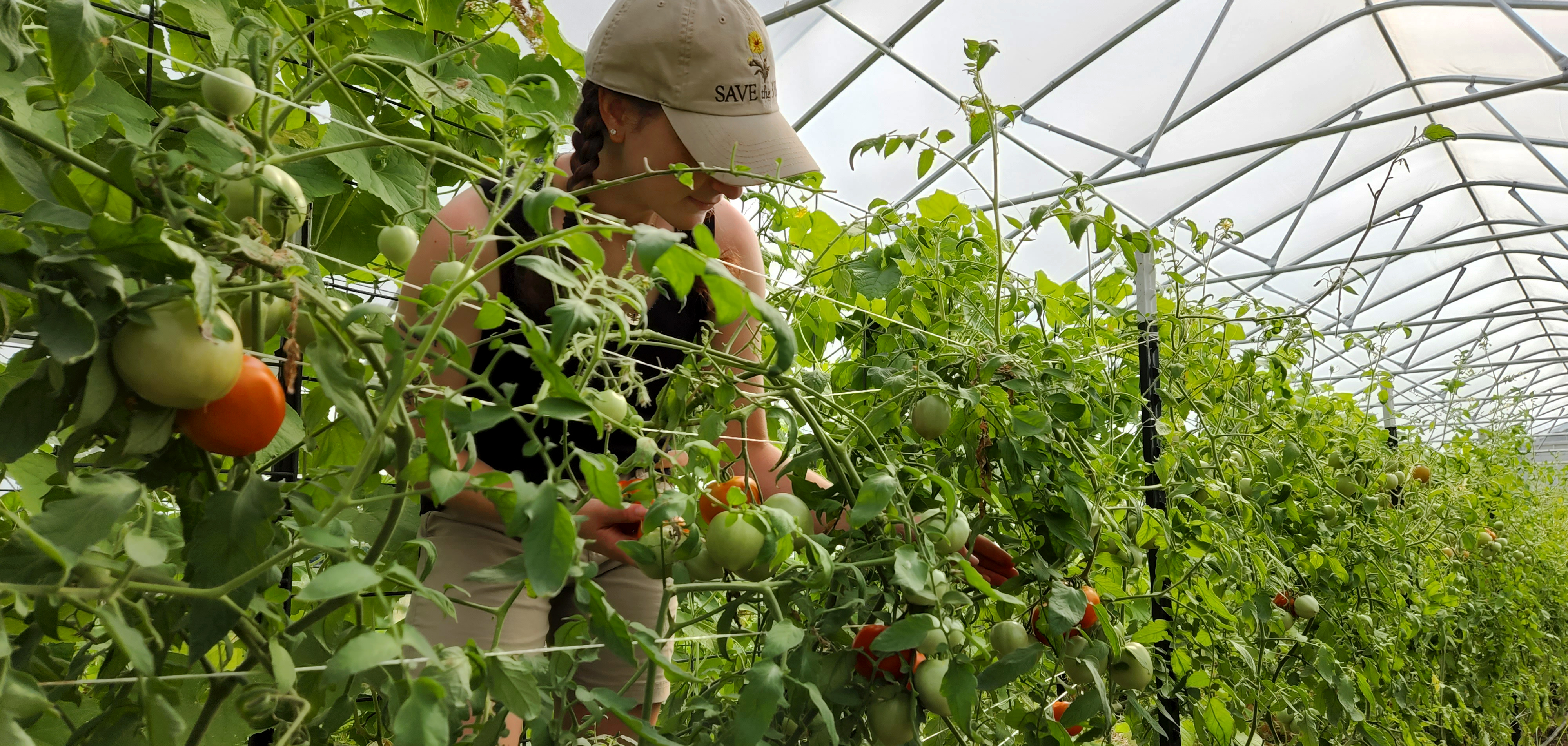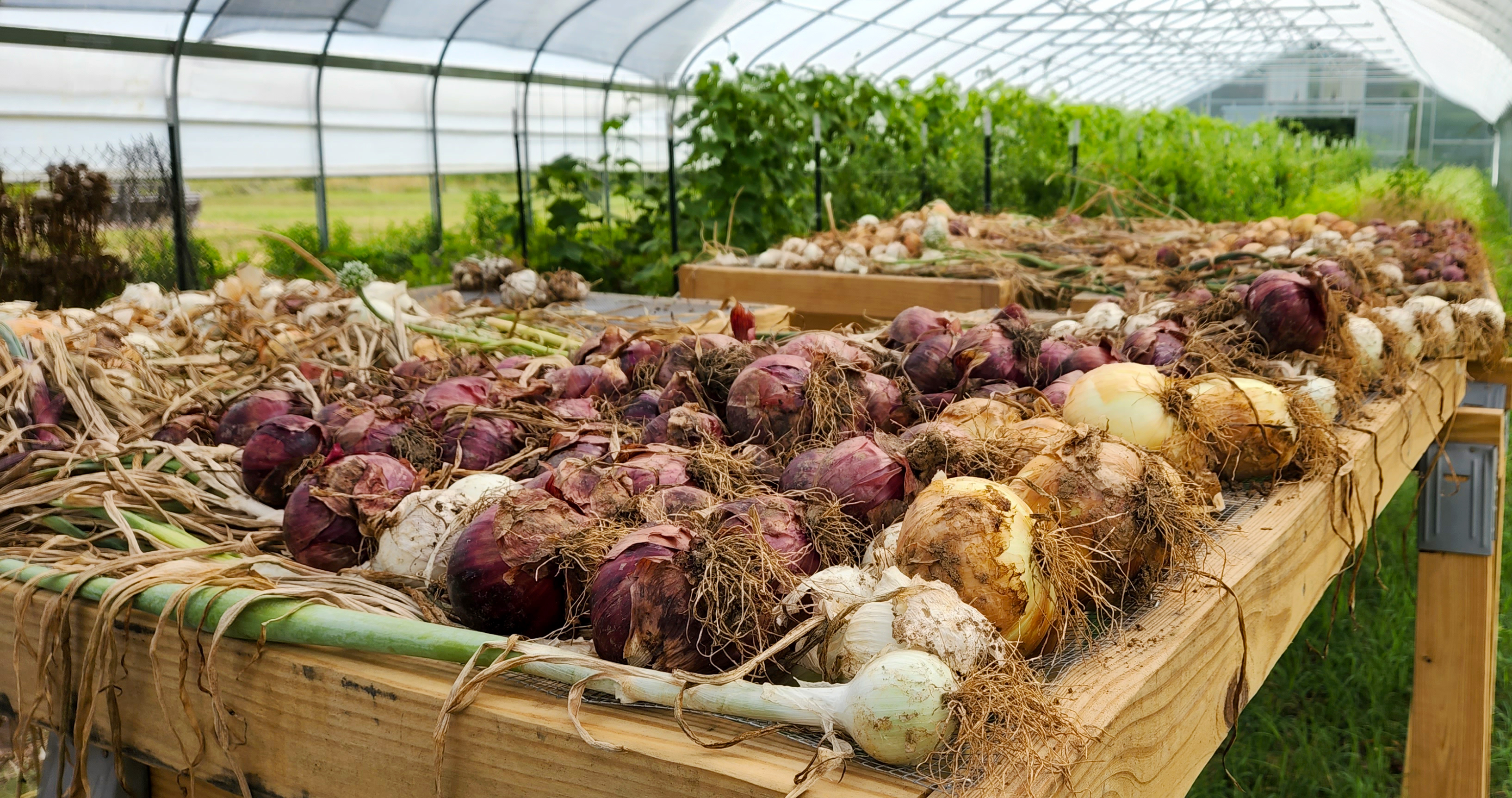- Home
- Academics
- Arts & Sciences
- Food Studies Minor
Food Studies Minor





Food studies is an increasingly important lens through which to analyze and solve contemporary issues.
A growing body of evidence links poor dietary habits to a lack of knowledge about food issues. Obesity rates continue to rise, impacting quality of life and morbidity. Access to food and nutrition faces new and ongoing challenges.
The Food Studies Minor provides students with the opportunity to study and synthesize concepts around food production, distribution and consumption from multiple perspectives. Students with this broadened understanding of food issues will be equipped to meet 21st century challenges for their communities, professions, families and selves.
Course content will expand students’ knowledge of:
- social and cultural factors that influence food choice and access;
- molecular makeup of food;
- individual and social understandings of the meanings of food;
- the sustainability of food systems;
- basic concepts in nutrition; and
- food marketing and policy.
Students will be able to analyze and explain:
- the structural inequality embedded in food systems;
- the role of food in culture;
- how the meaning of food is constructed socio-culturally;
- the impact of food on health and the body;
- the impact and processes related to food production, consumption and sustainability; and
- the inherent interdisciplinarity and interconnectedness of food-related issues.